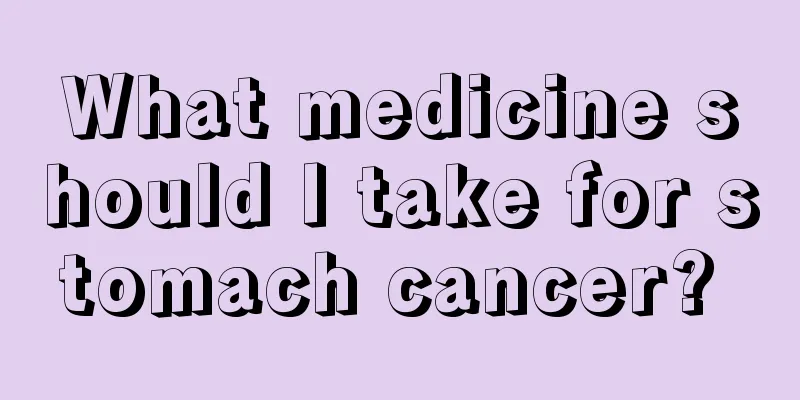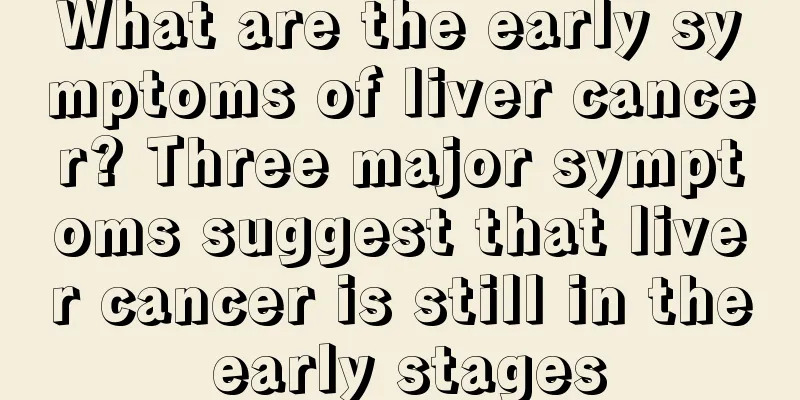Side effects of interventional treatment

|
Interventional therapy is now a relatively advanced treatment method and is often used in internal medicine and surgical treatments. Compared with traditional treatment methods, the advantage of interventional therapy is that it causes less trauma to patients and has relatively lower risks. As long as surgery is performed, it will cause certain harm to the patient, so when choosing interventional treatment, you must also understand its side effects. 1. Fever : Fever after interventional surgery is mainly caused by ischemic necrosis absorption of tumor tissue or secondary infection. The body temperature is generally not very high, and most patients maintain it at around 38°C. Generally, there will be no discomfort and no special treatment is needed. Advising the patient to drink more hot water will relieve the symptoms. In response to the patient's question, when the temperature is above 39℃, you can choose to use ice bags, alcohol baths, and medications for physical cooling. Clinically, indomethacin suppositories 0.05-0.1 are generally used and inserted into the anus. 2. Gastrointestinal reactions : It is mainly due to drug-induced toxic and side effects caused by anti-tumor drugs, as well as the embolic effect of embolic agents and the reflux of embolic agents into the blood supply arteries of the stomach and duodenum. The main manifestations are nausea, vomiting, abdominal pain and other reactions immediately after surgery. Delayed reactions include diffuse gastritis, stress ulcers and gastrointestinal bleeding. For acute phase reactions, active and effective preventive antiemetic drugs need to be used before treatment, and attention should be paid to the fact that different types of patients require drug selection based on different reasons. For some patients who can be expected to have delayed reactions, proton pump inhibitors such as omeprazole or H2 receptor antagonists such as famotidine and ranitidine can be used before and after treatment to prevent the occurrence of stress ulcers. 3. Abdominal distension and abdominal pain : Abdominal distension and pain after interventional treatment are mainly caused by embolism and necrosis of tumor tissue, surrounding edema, enlargement of the liver, and pulling of the liver capsule. This pain reaction does not last long, generally lasting about 3-10 days. As the tumor tissue undergoes ischemia and necrosis, its volume decreases, and the edema zone around the tumor tissue disappears, the pain will gradually subside. In terms of treatment, pain assessment can be carried out based on the patient's main complaint of pain, and corresponding analgesics can be given for symptomatic treatment. 4. Damage to organ function : After embolization therapy, normal human functional tissues and cells may be damaged to a certain extent. The functional enzyme system may increase transiently, usually reaching a peak within 1-5 days after the end of treatment, and returning to the pre-treatment level or normal within 1-3 weeks. Therefore, most scholars advocate that in cancer patients undergoing interventional treatment, some drugs that promote cell metabolism and maintain cell membrane stability should be routinely given, and albumin supplementation should be given as appropriate. |
<<: Does aloe vera gel have the effect of removing spots?
>>: Which calcium tablet is better
Recommend
The efficacy and function of washing feet with mugwort
Many people usually have the habit of washing the...
How to take care of liver cancer patients? Liver cancer patients should start caring in these 3 aspects
Liver cancer patients need to endure a lot of pai...
What are the symptoms of amoebiasis
The most common symptom of amoebiasis is abdomina...
What are the five blood lipid items?
When people check their blood, they can check a l...
How to clean removable dentures
Nowadays, many people are prone to dental problem...
Western medicine treatment for hair loss
For people with severe hair loss or baldness, fin...
Will brain cancer symptoms heal on their own?
The symptoms of brain cancer are mainly caused by...
How long can you live with chronic gallbladder cancer
Chronic gallbladder cancer is one of the malignan...
How serious is the harm caused by thyroid cancer
How serious are the harms caused by thyroid cance...
What are the effects of adding garlic and sugar
In fact, the efficacy of garlic and sugar is the ...
Is alkali harmful to the human body?
Alkali is a chemical product that can be widely u...
Can surgery be performed for presbyopia
After reaching middle age or old age, people'...
Let me tell you how to diagnose bone cancer
Medically, the diagnosis of bone cancer can be ba...
How much does radiotherapy for pancreatic cancer cost?
How much does radiotherapy for pancreatic cancer ...
Can I take a bath with vinegar?
It is very hot in the summer. I always like to go...









